New climate model says 2° target not out of reach if….
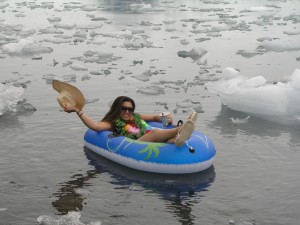
The Hamburg scientists say there is a direct connection between the melting of the Arctic sea ice and global warming
Scientists from the Hamburg-based Max-Planck-Institute of Meteorology and the German Climate Computing Centre have calculated that the 2° limit for global warming could still be kept to. However, it would require immediate drastic reductions in carbon dioxide emissions. So what’s new? I hear you say. The new element is the model the scientists are using. The new model developed by the Max-Planck-Institute using the high-powered computer capacity of the Hamburg centre integrates additional factors into its simulations for the 21st century, including the complex carbon cycle and dynamic role of vegetation, and compares numerous climate models from around the world with each other.The simulations indicate that if the CO2 concentration continues to rise as it is doing, we will be facing not only a considerable rise in temperature, but also an increase in the speed of ocean acidification.
![]() read more
read more
Of birds and bears in a changing Arctic climate
Living conditions have changed considerably over the last few decades for sea birds who live or breed in the Arctic region.
Ornithologist George Divoky has found that his monitoring of black guillemots on the Arctic Cooper Island off the coast of Barrow, Alaska over the last four decades has turned into observation of the rapidly changing climate in the high north.
![]() read more
read more
Oil from the Arctic: Is it time for an Arctic Treaty?
Given the increased interest in drilling for oil and gas in the Arctic as the area becomes more accessible in a changing climate, concern is also growing about the dangers an accident could pose to the fragile environment of the “high North”. An editorial in the publication NATURE argues that we need a binding agreement like the Antarctic Treaty to protect the Arctic from pollution.
![]() read more
read more
Gulf stream heating up
Scientists have observed that the Gulf Steam has been heating up two to three times as fast as the rest of the Atlantic over the last 100 years. Professor Martin Visbeck from the Helmholtz Centre for Ocean Research in Kiel, Germany, says the Gulf Stream, which accounts for the relatively mild climate of north-western Europe, has become around 1.2°C warmer since 1900 compared with a 0.4 degree rise in the Atlantic as a whole. The trend is similar with other important streams off the coasts of Japan, Australia, Brazil and southern Africa.
The scientists say the enhanced warming could reduce the ability of the oceans to absorb carbon dioxide as warmer water absorbs less than cold water. They stress the need for more data and continuous measurement, but Visbeck says the results indicate that climate change is changing global ocean circulation. More in the journal Nature Climate Change.
Arctic Ice and our Weather
Apologies for a long spell of ice-blog silence, but your ice blogger is now back on the
(snow?-) ball.
The German papers today tell us to expect temperatures dropping to as low as MINUS 20 C in the course of this week. After a relatively mild winter so far, this will be a shock to the system for a lot of people. And of course, we’ll be back to the old discussion about how it can be this cold when the world is warming… Somehow people are more willing to accept that the climate is changing when the plants are all starting to come up ahead of time. But maybe the cold snap will help draw attention to a new study by Germany’s Alfred-Wegener Institute explaining the connection between the extent of the Arctic sea ice in summer and our winter weather in central Europe.
![]() read more
read more




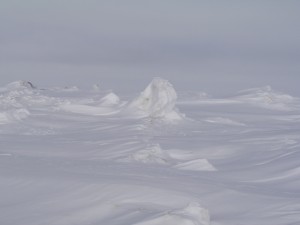
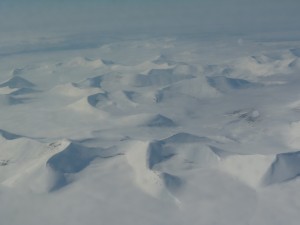
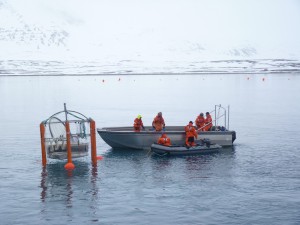
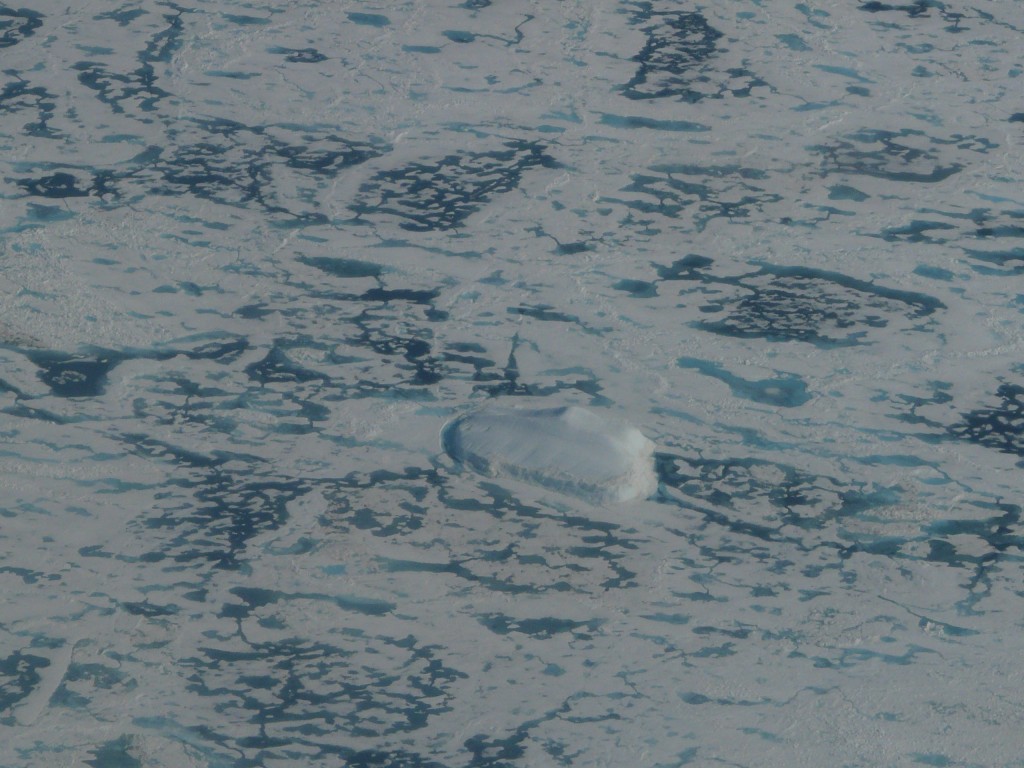
















Feedback